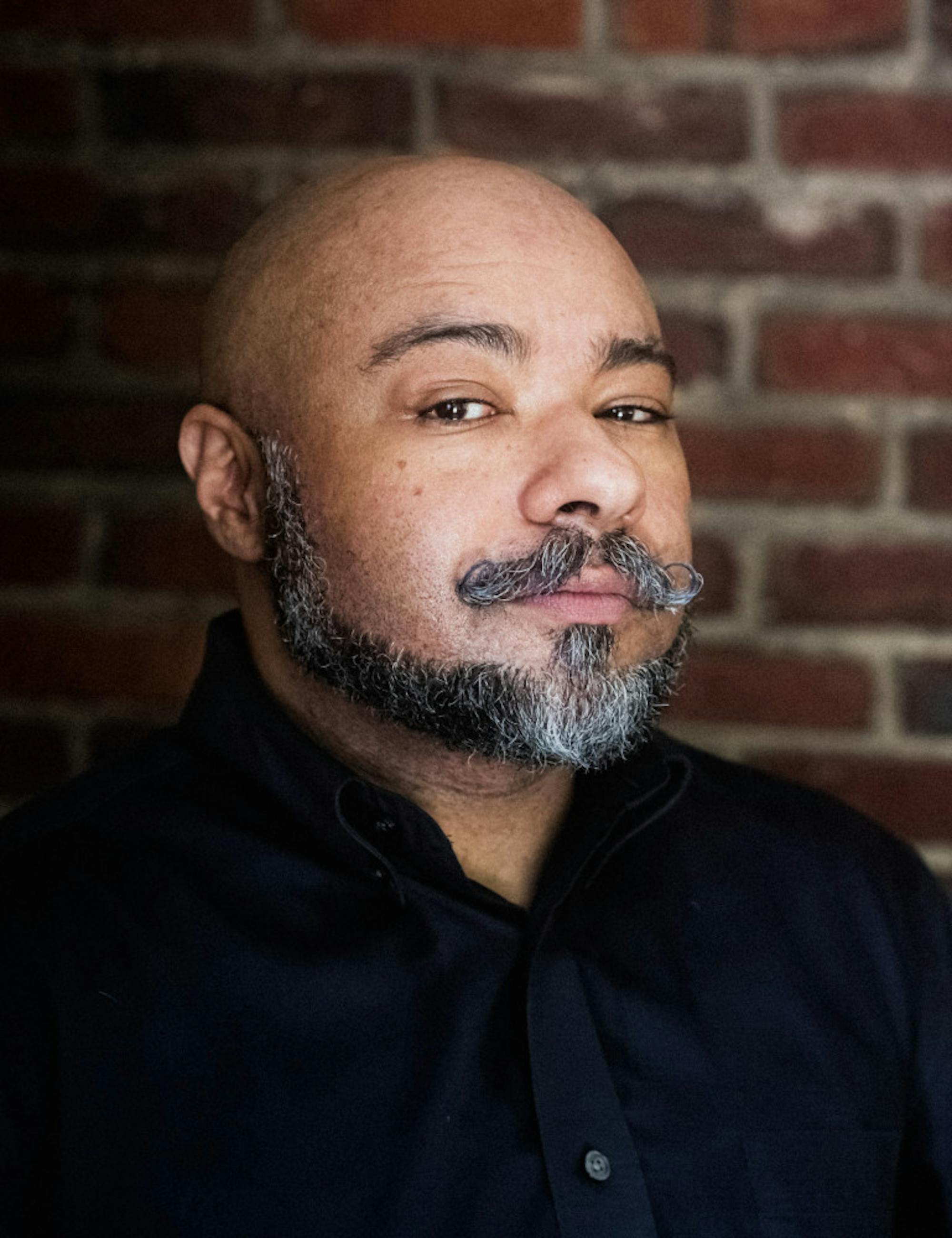The last conversation between the Daily and Professor Stephan Pennington, associate professor of music at Tufts, shined a light on his career in the military and his discovery of his queer identity while enlisted. After Pennington left the military decorated and accomplished, he turned toward academia.
“I decided to go to Mills College, which was right by my home. I grew up near there. It was a small women’s college up in Oakland, and rather than theater, I double majored in German studies and music. I did composition, performance and history,” Pennington said. “I remember we had to give these presentations, oral presentations, in class. … I did mine on Shakespeare and music … and afterwards, the professor said to me, ‘Have you thought about getting a Ph.D. in musicology?’ And I said, ‘No, I could never afford that.’ … She said, ‘No, no, no. A good Ph.D. program will pay you. You should not have to pay at a good Ph.D. program.’”
Pennington took her advice and applied to doctoral programs, eventually landing at UCLA. He describes how the landscape of UCLA at the time was at the frontier of queer musicology.
“I ended up going to UCLA, which was known as the center of the new musicology at the time. The new musicology is basically a group of scholars who are really interested in critical theory, cultural theory and music. At the time, traditionally, musicologists were basically history and music, anthromusicologists were anthropology and music, but the kind of literary analysis and that kind of cultural theory stuff was not necessarily done,” Pennington said. “So I went there. I had, as my mentors, Susan McClary, who wrote the very first book of feminist musicology. Philip Brett was there, but then he died, and he basically was one of the founders of queer musicology. But all of his students were the professors there. So I had some of the founders of queer musicology, some really important feminist musicologists, some really important people in popular musicology. They were all there, and they were amazing, really supportive, really open to very different ways of thinking about things.”
The musicology program at UCLA was a pivotal experience for Pennington, as he was finally able to see people similar to himself represented in the content he was studying.
“Growing up, I never saw myself taught in the history classes or in any classes. We didn’t read anybody of color. No gender minorities, no sexual minorities in literature class. … We only had one woman, it was Emily Dickinson, and we did not talk about her sexuality. And of course almost no working-class people at all. … So I went through all this schooling with no diverse representation in anything,” Pennington said. “I always thought that it’s really important to have some kind of way to know that you existed, that people like you existed. And I figured that the history books and the kinds of things we’re reading didn’t have it, but music had it. So for me, I really decided that what I wanted to do was to use music as a way to tell the stories of people who don’t get their stories told.”
Pennington notes that if it weren’t for the educators in his life who made him feel seen, he may not have ended up teaching at Tufts, where he now has the ability to make his own students feel seen.
“If I didn’t have those teachers who made a space for me, made me feel seen, or that one professor in undergrad who said, ‘Hey, why don’t you try getting a Ph.D.?’ I just wouldn’t even be here today,” Pennington said. “My entire job is to try to make the world a better place by spreading knowledge that is overlooked and by making people more critical of themselves, of society, of history, of the stories we’ve been told, and to make them, in some ways, more empathetic about people who are not ourselves. So that just because somebody is from the past or from a different space, doesn’t mean you can just dismiss them. You have to know them. … It’s about knowing yourself and knowing others so that you can help move the world into a better place.”






